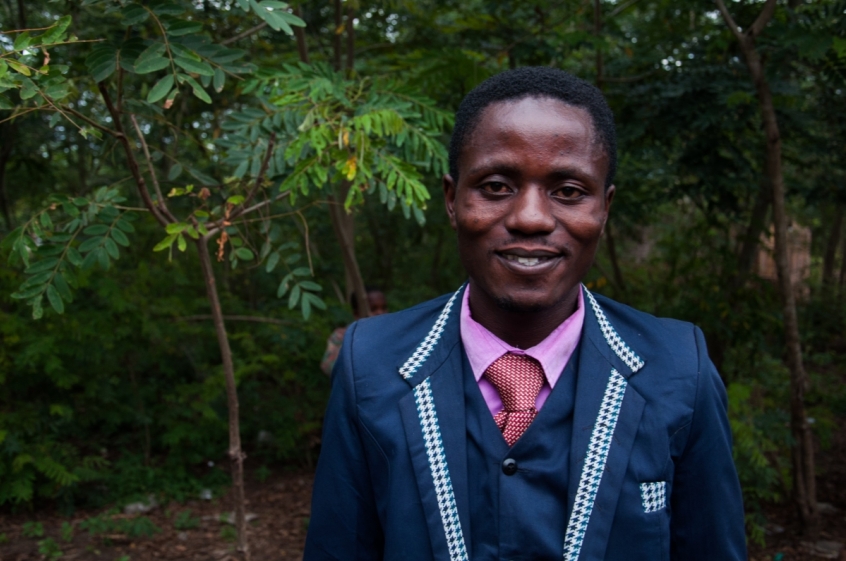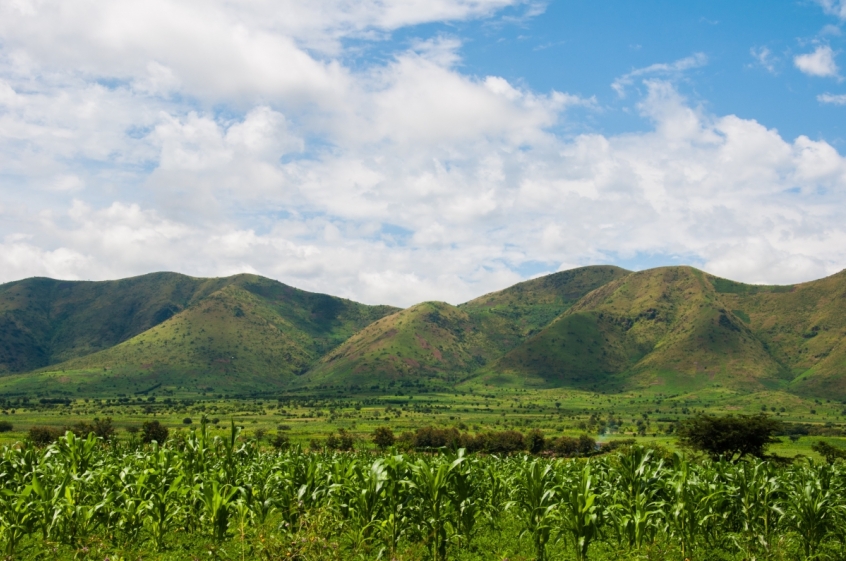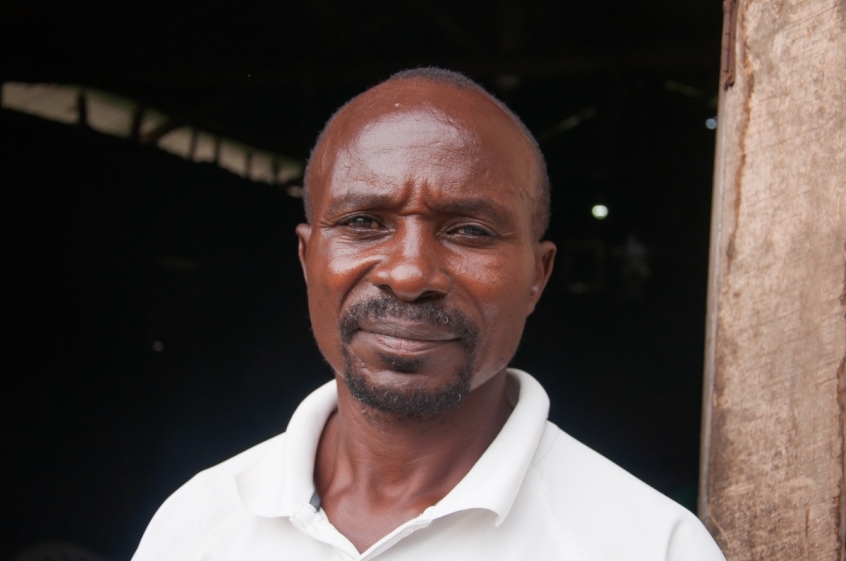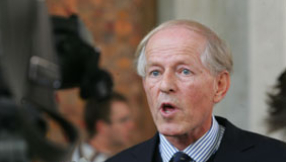When one simple action raises money, helps people's lungs, gives children a better chance at an education and introduces people to Jesus as Lord, it's probably worth doing. That's what one Ugandan Christian thinks about a solar panel project he has helped to bring to a rural mountain village.

The solar powered light that has transformed the life of Kayanji Baptist Church, nestled in western Uganda's Rwenzori Mountains, was installed three years ago through a project funded by UK charity BMS World Mission. Since the solar power was given to the church, its membership has more than doubled – from 30 to 80 people.
'The Bible says, "Let there be light,"' says Isaiah Thembo, a local BMS worker and the man who helped to install the lighting. 'Through the project, people are coming to see that God is love, because the church is connecting the community to God.'
Kayanji village used to be plunged into darkness when the sun went down, but now the Baptist church is sharing the light.
It opens its doors every evening for people to come and use the light to read and to study – the whole village is welcome. The pastor also uses the light to run a Bible study every morning, that more and more members of the community are attending. In addition, the solar power is used for people to charge their mobile phones, at a small cost. The money raised through phone-charging maintains the church and is used to help struggling people in the community, such as widows and orphans.

Only seven per cent of the whole of Kasese District, of which Kayanji village is a part, has mains electricity. For the vast majority of the district, the only source of light is by burning kerosene lanterns or candles. Until a few years ago, this is what everyone in Kayanji village was doing. But kerosene is expensive and dangerous. It produces a dim light and toxic smoke, which irritates the eyes and skin and is a major cause of both respiratory diseases and harmful CO2 emissions.
In a country that is in darkness for nearly 12 hours a day, a safe source of light can completely change people's quality of life.
'My kids come here for [school] preparation every evening,' says father-of-10 Kambala Limengo. Kambala is a member of Kayanji Baptist Church and is excited about the change the solar project has had, both for his family and for the wider community. 'Our children used to learn from home using candles,' he says. 'But this solar light is bright, and it doesn't give out smoke – it doesn't use firewood or kerosene to burn, it is just using the sun.'

Another father, Kahoja Murugire, who has nine children, is also thankful for the light and the opportunities it is bringing. 'This solar has a bright light, and it does not spoil eyes,' he says. 'I think it is going to help my children, because they come here daily. I am giving a lot of thanks for this light.'
Church members like Kambala and Kahoja believe that the huge growth in the church is a direct result of the light. 'We are seeing new members in the church because of this project,' says Kambala. 'When it is dark, these newcomers come in. And then the pastor meets them for a Bible study and it changes their lives.
'They are seeing that love is here.'
Kayanji is one of eight rural villages that have had their churches and their evenings transformed thanks to this BMS World Mission solar project. The lights are helping children thrive at school, they are providing income for practical outreach into the community and, perhaps most exciting of all, they are providing a way to introduce people to the Light of the World.













